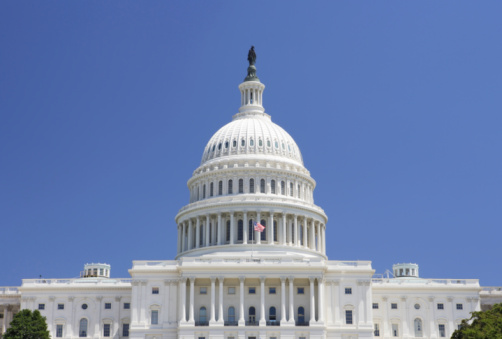The most widely covered story by the financial press, and perhaps the news media in its entirety, between now and year’s end will be the war between the president and Republicans in Congress about how to simultaneously solve the related problems of the debt ceiling and fiscal cliff.
Tax cuts might require the debt limit to be raised. So could government spending cuts, which also would tend to undermine economic growth. Of course, tax increases could hurt growth as well, which would in turn affect the debt limit.
There has been some hope in the past few days that the two sides can find mutually acceptable solutions. That is unlikely, in large part because the number of moving pieces in the puzzle is so great. Each side believes that its path is best for the U.S. economy, and there is the tension over whether taxes affect the economy much at all. Many members of Congress believe that the debt limit and tax and budget matters should be linked. This would prevent the president from spending “too much” money without permission from Republicans in the future. The math to calculate the relationship between cap and taxes is immensely complex, which makes it tough for both sides to agree on, and equally tough to have any assurance a combined solution will work.
The debate is not just one of philosophy. It is also one of complexity.
Douglas A. McIntyre
Travel Cards Are Getting Too Good To Ignore (sponsored)
Credit card companies are pulling out all the stops, with the issuers are offering insane travel rewards and perks.
We’re talking huge sign-up bonuses, points on every purchase, and benefits like lounge access, travel credits, and free hotel nights. For travelers, these rewards can add up to thousands of dollars in flights, upgrades, and luxury experiences every year.
It’s like getting paid to travel — and it’s available to qualified borrowers who know where to look.
We’ve rounded up some of the best travel credit cards on the market. Click here to see the list. Don’t miss these offers — they won’t be this good forever.
Thank you for reading! Have some feedback for us?
Contact the 24/7 Wall St. editorial team.
